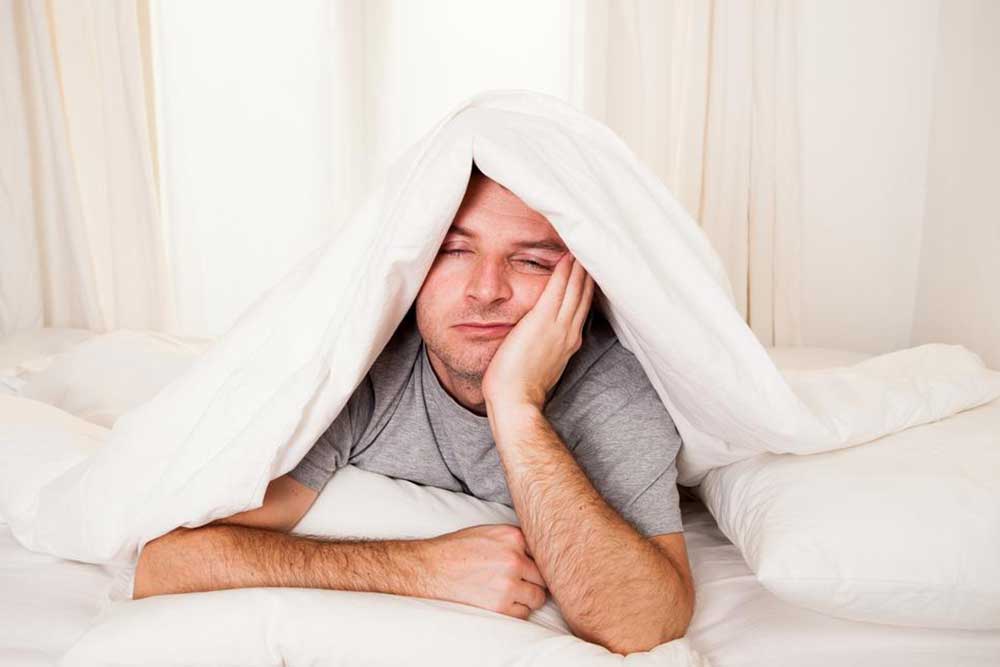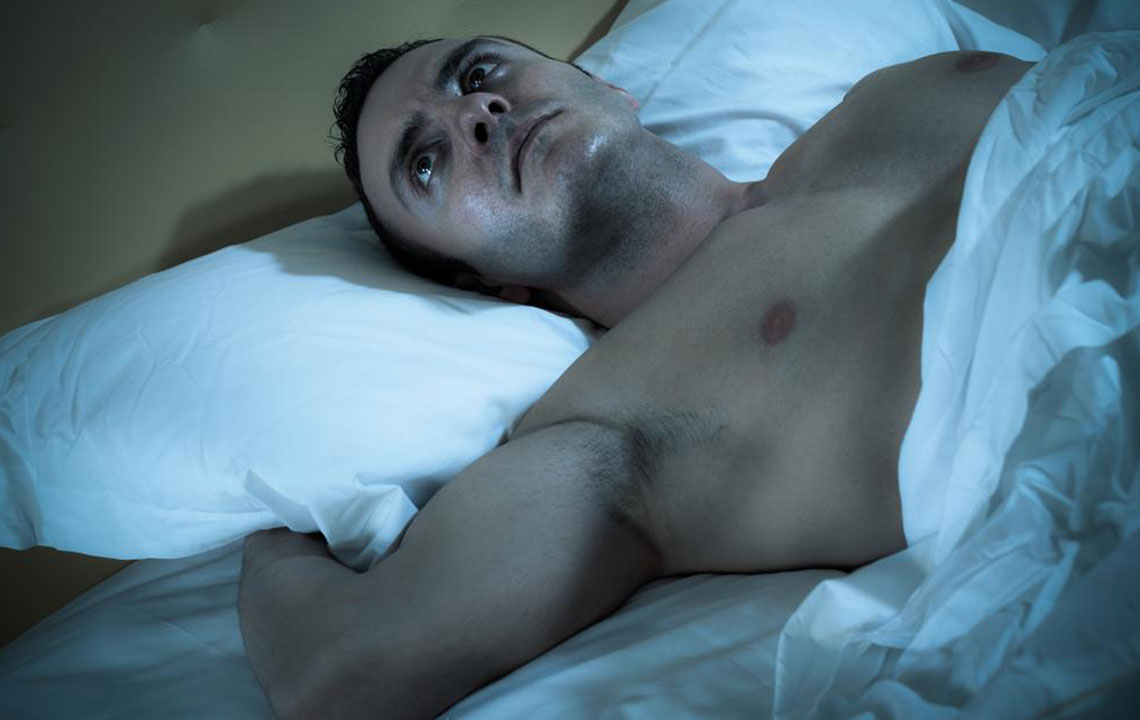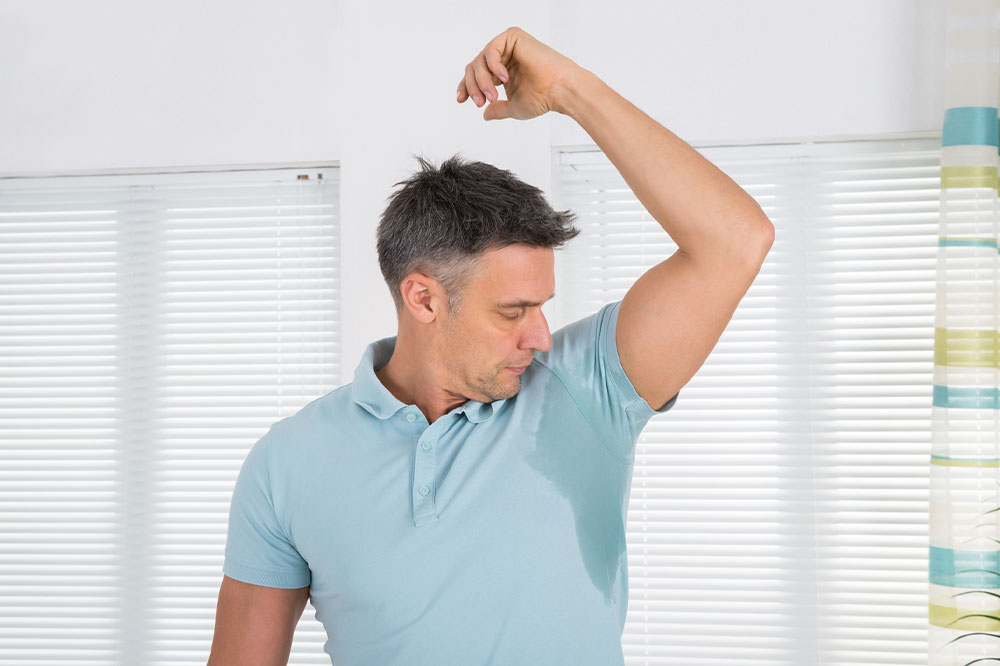Understanding the Causes of Night Sweats in Men and Women
Explore the common causes of night sweats in men and women, including hormonal imbalances, infections, sleep disorders, and lifestyle factors. Learn how these issues can disrupt sleep and ways to manage symptoms effectively. Consult a healthcare professional for personalized advice and treatment options to address persistent night sweats and improve sleep quality.

Understanding the Causes of Night Sweats in Men and Women
Night sweats, also known as hyperhidrosis, involve excessive sweating during sleep, often linked to underlying health issues. These episodes usually happen on both sides of the body and can soak nightwear, sometimes waking individuals. Commonly, they are associated with fever, hormonal imbalances, or blood pressure problems. Persistent night sweating can also increase the risk of skin infections.
Possible causes of night sweats:
Low blood sugar (Hypoglycemia): Blood sugar drops during sleep, especially in people on insulin or diabetic meds, can trigger sweating. Having a small snack before bed may help.
Sleep apnea: Interrupted breathing during sleep reduces oxygen, causing breathlessness and sweating.
Cancer (Lymphoma): Certain cancers, especially lymphoma, can lead to night sweats.
Neurological conditions: Disorders like stroke or autonomic neuropathy can increase sweating at night.
Thyroid issues: Overactive thyroid (hyperthyroidism) raises body temperature, leading to night sweating, thirst, and hunger.
Hormonal imbalances: Conditions like pheochromocytoma and carcinoid syndrome can cause flushing and sweating.
Infections: Tuberculosis, bacterial infections, or bone inflammations may cause night sweats.
Medications: Drugs such as antidepressants, fever reducers, and steroids can induce sweating during sleep.
Menopause: Women undergoing menopause or those with ovaries removed often experience night sweats.
Anxiety and stress: Psychological factors, nightmares, or stress can trigger night sweating. Consulting a mental health professional can be beneficial.
Adjusting room temperature with air conditioning or fans, and wearing breathable, moisture-absorbing fabrics, can help alleviate symptoms.










